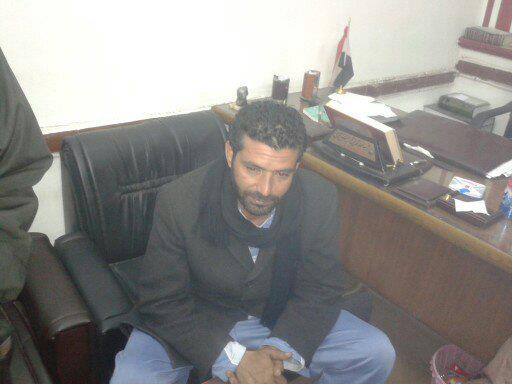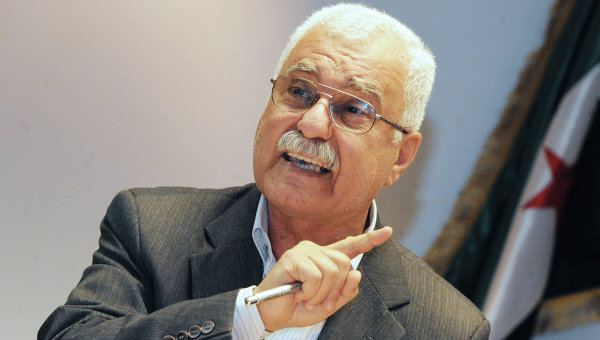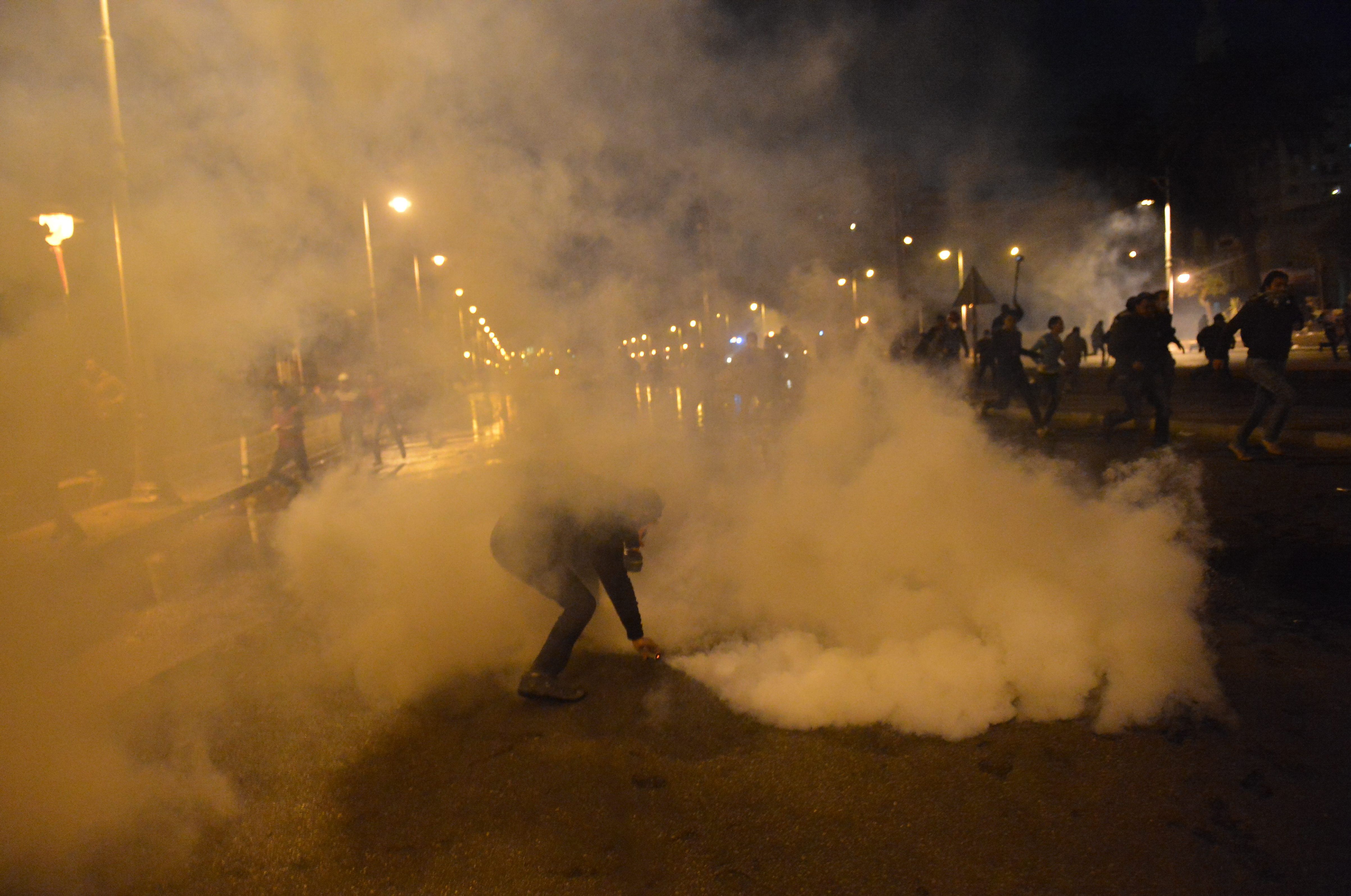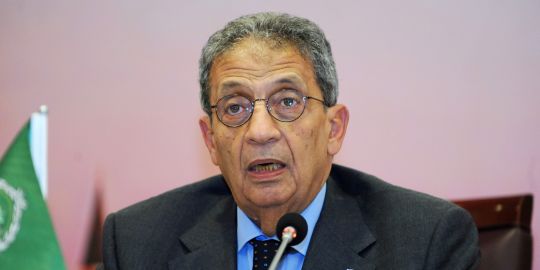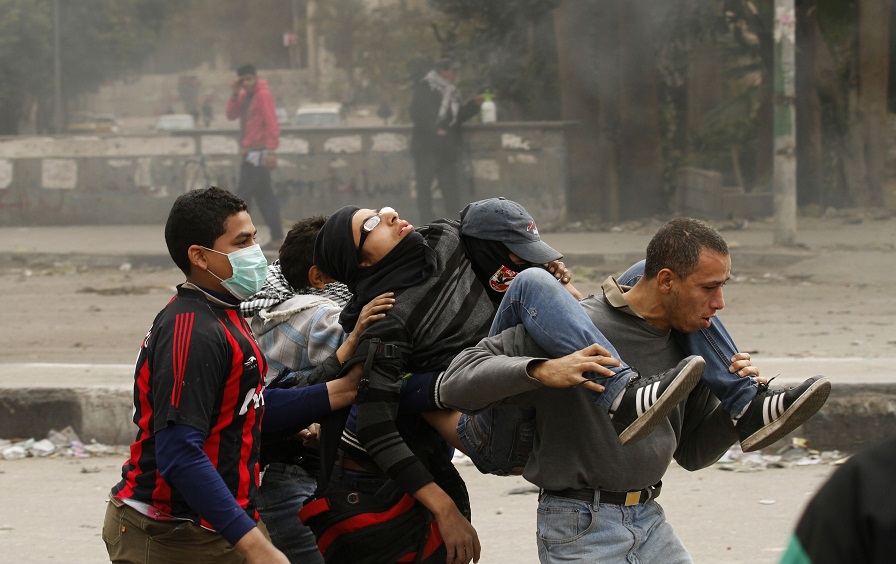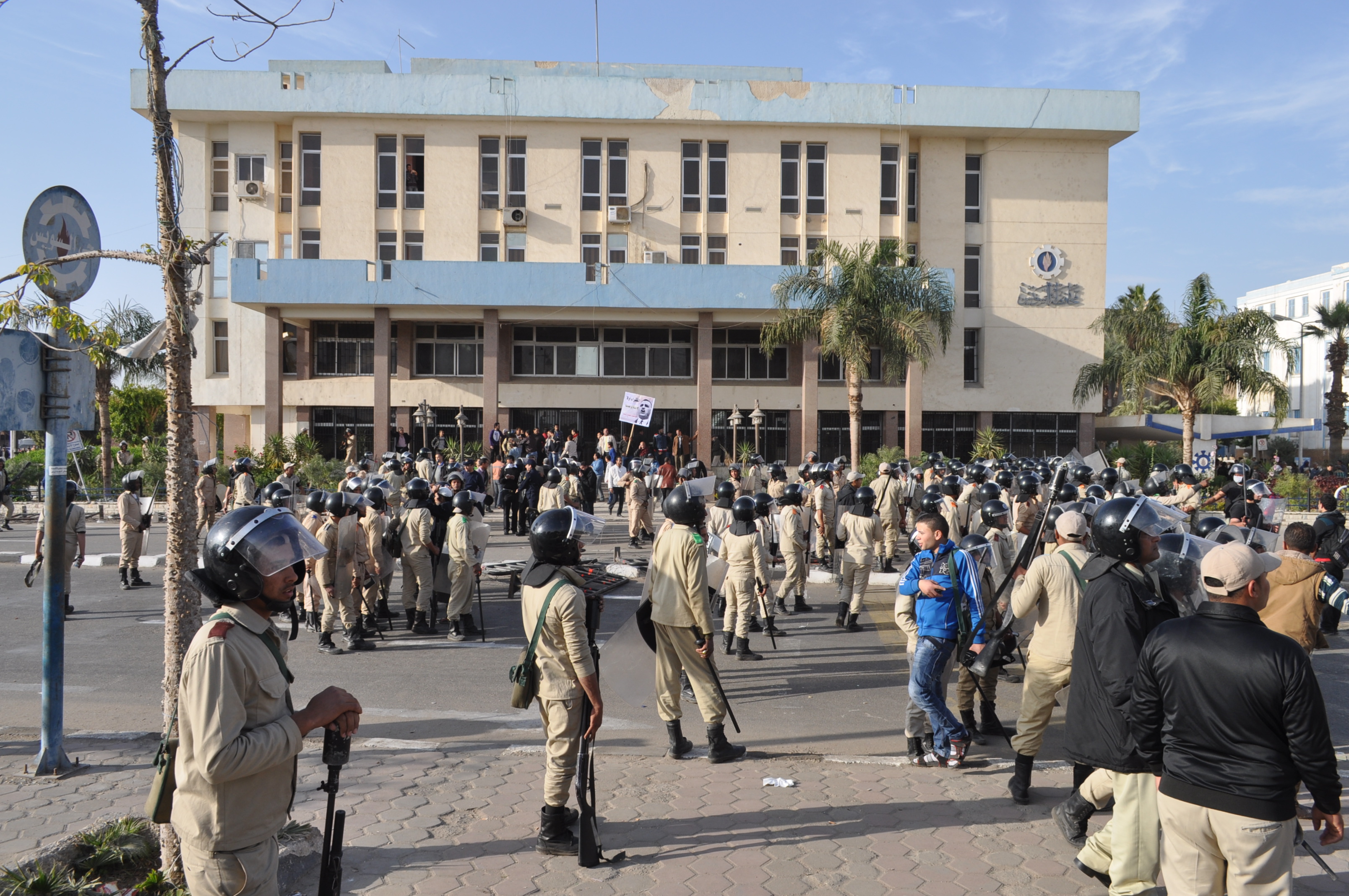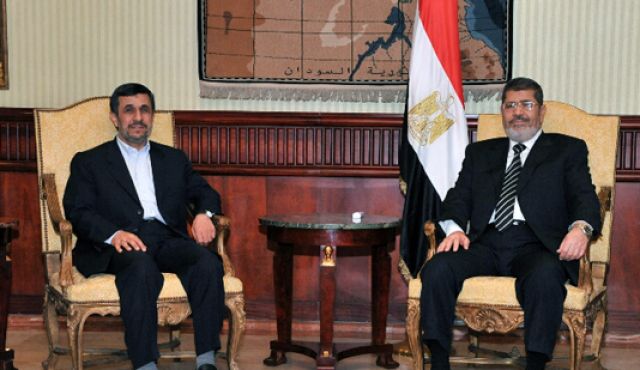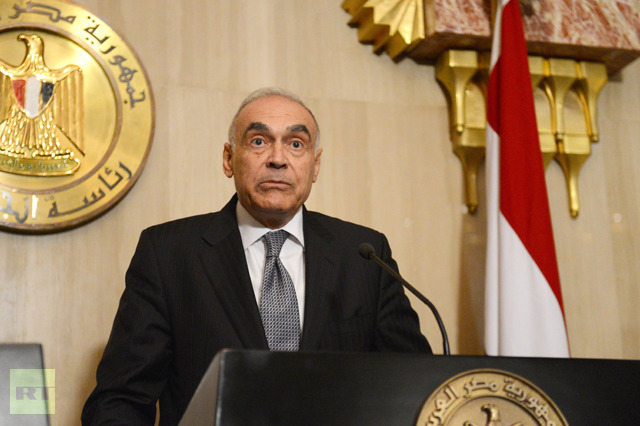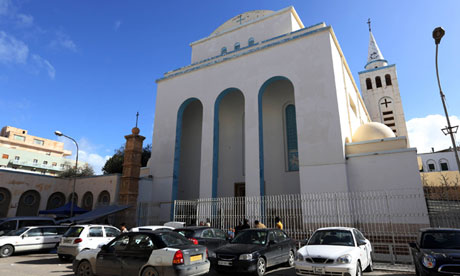Profile: Hamada Al-Masry
Al-Masry was stabbed and taken to the police station by his assailants,…
SNC criticises international community for silence on Aleppo
In a meeting with a delegation from the Syrian National Coalition, the…
NGO draft law to restrict freedom of association: Amnesty International
Draft law places stringent restrictions on foreign and domestic non-governmental organisations
Human rights rapidly deteriorating in Egypt: human rights organisations
Morsi regime’s abuse of human rights worse than that of Mubarak’s, says…
Moussa: Economic initiative will save Egypt
Amr Moussa says government needs to seriously consider his economic initiative
EIPR says police carry live ammunition
Despite government claims of not arming police officers, EIPR says several laws…
Al-Shafa’i released
Suez court ruled there was insufficient evidence to keep him incarcerated while…
Iran supports Egyptian solution to Syria
President Mohamed Morsi has said the plan will be unveiled once it…
Foreign minister discusses Fatah-Hamas reconciliation
Egypt aims for key role as a mediator in Israel-Palestine conflict
Libya arrests Egyptian for spreading Christianity
An Egyptian and three others could face the death penalty for attempting…
